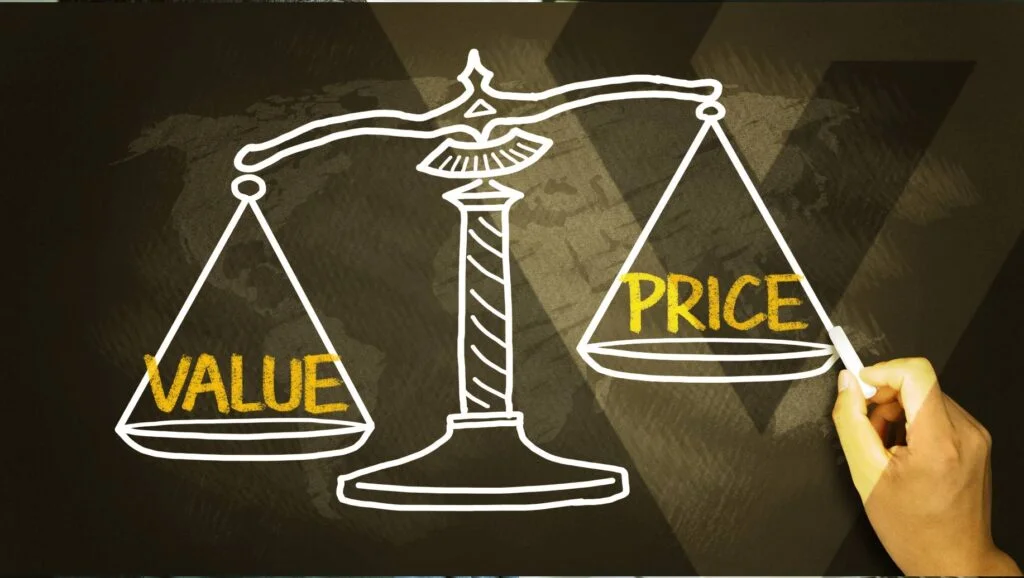Valuations of Financial Assets and Securities
The process of Company Valuation involves determining the appropriate value of a financial asset, and can include the valuation of various business interests, assets, securities, and other financial instruments. Business Valuation experts offer these services to help clients with various aspects of financial planning and decision-making, such as mergers and acquisitions, tax planning and compliance, financial reporting, bankruptcy and reorganization, and litigation and dispute resolution. Typically, a registered valuer will assess three primary asset categories when conducting a valuation.
Main classes of Assets:
- Land and Building
- Plant and Machinery
- Securities or Financial Assets
Valuations of securities or Financial Assets
Business Valuation of Assets takes into account market-valued equity instruments, debt instruments, and derivatives issued by governmental bodies, financial institutions, and business entities.
It calculates a suitable interest rate or rates for the expected cash flows.
It influences factors such as liquidity, supply and demand for comparable instruments, stock market rates for similar securities, and other valuations of the securities market equity value

Selling of a business as a going concern:
Comparing the sale of a firm to other asset classes for asset valuation, it is more complicated. When selling a firm, negotiations need to be based on the company’s valuation. The Registered Valuer provides the value at which the transaction is conducted.
Startup Valuation for Taxes Purposes:
In order to determine the right tax treatment, business asset appraisal is also necessary. The Registered Valuer must consider all the facts and settle disputes between tax authorities and enterprises so that they serve a valid purpose.
Company Valuation for Liquidation Purposes:
Company Valuation for Liquidation Purposes: A registered valuer is essential to ensuring that owners receive any residual funds after creditors have been paid their fair share.
Business Valuation for Mergers/Acquisition and Restructuring:
Businesses are assessed from an accounting perspective when valuing them for mergers, acquisitions, and restructuring. Business restructuring through mergers, acquisitions, and takeovers results in the combining of financial statements and the creation of one new company from two or
more current ones. Many such companies rearrange their operations to highlight the most beneficial, economical, and profitable segments.
How can SalahKaro assist you?
- Advisory for evaluating the equity value to be issued to the new partners or shareholders of an
- Organization or the valuation of equity splits at creation, as well as raising the valuation of equity or debt financing.
- Evaluations of listed companies, unlisted companies, businesses, shareholdings, goodwill, know-how, brands, and other intangible assets
- Professional advice on equity value splits for joint ventures or associations at establishment or exit
- Expert witness and adjudication work in corporate value issues, as well as assistance with litigation or arbitratio
- For regulatory purposes, such as the Takeover Code and the Companies Act, appraisals for unquoted debt or equity value instruments are also considered.
- Analysis of investment decisions
- Maximizing tax advantages for both individuals and corporations

